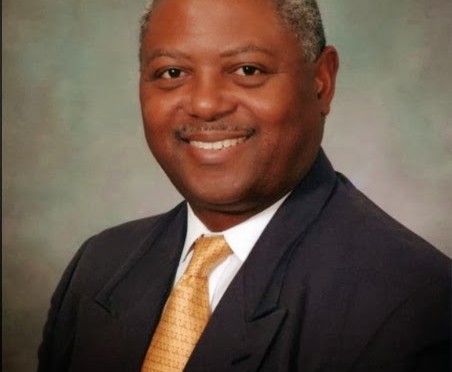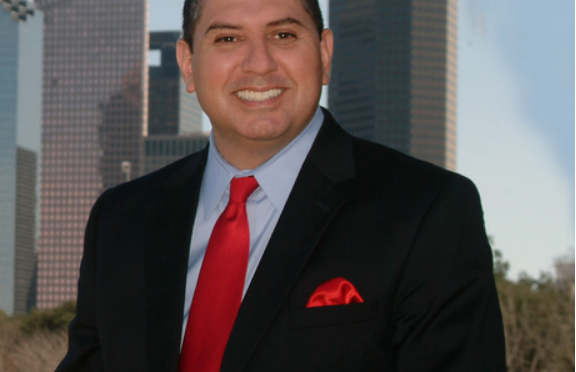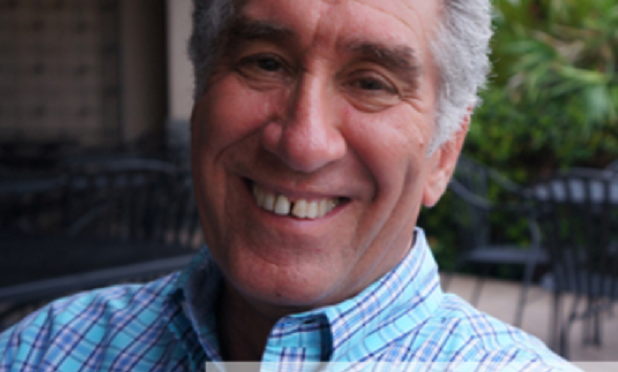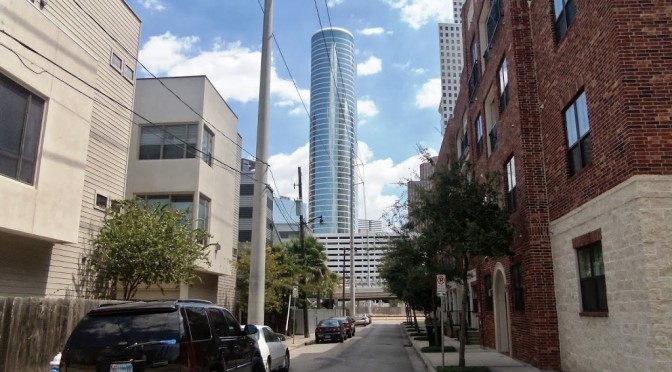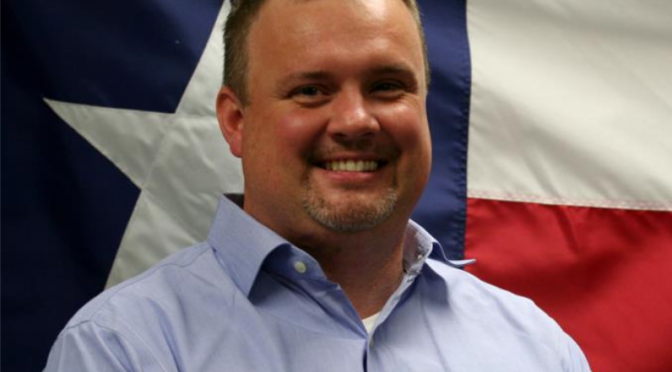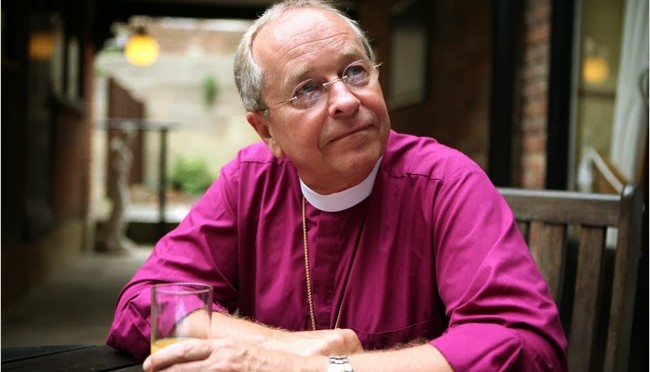In the Ninth installment of the 2013 Texas Leftist Candidate Questionnaire, we hear from Hon. Andrew C Burks Jr., incumbent Houston City Council Member At Large Position 2, and running for reelection.
Please note: Responses have been received directly from the candidate, and have been posted ver batim from … Continue Reading ››
Monthly Archives: September 2013
TLCQ 2013: Ben Mendez
In the Eighth installment of the 2013 Texas Leftist Candidate Questionnaire, we hear from Ben Mendez, candidate for Houston City Council, District I.
Please note: Responses have been received directly from the candidate, and have been posted ver batim from the email received. This is done out of fairness to all candidates. Publishing … Continue Reading ››
Please note: Responses have been received directly from the candidate, and have been posted ver batim from the email received. This is done out of fairness to all candidates. Publishing … Continue Reading ››
TLCQ 2013: James S. Horwitz
In the Seventh installment of the 2013 Texas Leftist Candidate Questionnaire, we hear from James S. Horwitz, candidate for Houston City Council At Large Position 5.
Please note: Responses have been received directly from the candidate, and have been posted ver batim from the email received. This is done out of … Continue Reading ››
Please note: Responses have been received directly from the candidate, and have been posted ver batim from the email received. This is done out of … Continue Reading ››
‘A Texas Way of Being Urban’
If you've been to Houston recently (and took some time to exit the freeways), you probably could tell one thing pretty quickly... the city is in the throws of a rapid transformation. Much of this building boom is taking place in the form of new condominiums and mid-rise structures, which will likely increase after … Continue Reading ››
The Dome: TBD
In the 21st century, indoor sports isn't that big of a deal in many American cities, or throughout Europe. Millions of attendees take in Soccer, Baseball, American Football or other large sporting events within the confines of an indoor facility where they don't have to worry about temperature or inclement weather. You go … Continue Reading ››
TLCQ 2013: Zeph Capo
In the Sixth installment of the 2013 Texas Leftist Candidate Questionnaire, we hear from Zeph Capo, candidate for Houston Community College Board of Trustees District 1.
Please note: Responses have been received directly from the candidate, and have been posted verbatim from the email received. This is done out of fairness … Continue Reading ››
Please note: Responses have been received directly from the candidate, and have been posted verbatim from the email received. This is done out of fairness … Continue Reading ››
Bishop Gene Robinson is coming to Houston
From the inbox, this is extraordinary news. Gene Robinson, retired Bishop of the Episcopal Church, is coming to Houston next week. Bishop Robinson made history as the first gay person to ascend to the office of Bishop for a major American church denomination. His leadership to dispel fallacies about the LGBT … Continue Reading ››
